|
This goes without saying, poor oral hygiene goes beyond just tooth decay and gum problems. In fact, it can severely affect your child’s mental, physical as well as overall emotional well-being. And certainly, there are also some terminal diseases that follow as well. So, in this article, we are going to discuss the significance of a kidsdental clinic and how poor oral hygiene actually affects your child.
Most Common Diseases from Poor Oral Care
1. Tooth Decay
This goes without saying, one of the primary reasons behind tooth decay is bad oral health. Primarily, this is caused by a lack of proper care for months, resulting in plaque. The excessive plaque causes the wearing of the enamel, making the teeth vulnerable. Tooth decay is mainly caused by poor diet as well as intake of sugary food. Bad oral hygiene practices can also contribute to tooth decay as well. And the most tedious part is that tooth decay is often accompanied by excruciating pain. So, you might find your child having a hard time concentrating at school. This, in turn, also jeopardizes the overall performance at school. So, make sure to keep track of your child’s dental hygiene from time to time.
2. Gum Problems
Poor oral hygiene not only affects the teeth but at the same time also leads to several gum diseases as well. For the most part, gum problems showcase symptoms such as swollen gums followed by bleeding. So, you might actually find your child having a hard time while chewing food or even brushing. But, there is nothing to worry about. Consulting with kids dentistry can always provide you with the right assistance. 3. Digestive Issues Digestive issues are always followed by bad oral hygiene. For starters, in case your child is suffering from gum problems or tooth decay, they won’t be able to chew the food properly. And these orthodontic problems directly affect the digestive systems. That is why they might even experience tummy discomfort as well as ingestion. Some of the other symptoms include gastric complexities as well as severe vomiting. 4. Low Self-Esteem For children suffering from orthodontic problems, low self-esteem is quite common. And this is one of the emotional and psychological setbacks that occur due to bad dental hygiene. In case a child is suffering through an open bite, chances are they don’t have quite the confidence while smiling. And this directly affects their performance, disturbing their emotional balance. 5. Difficulty with Speech There are some oral complications that can directly affect a child’s speech. Particularly, it affects how a child pronounces certain words. And this, in turn, can lead your child to withdraw from social activities, resulting in psychological imbalance. Under such circumstances, our recommendation would be to seek professional assistance as soon as possible. 6. Respiratory Diseases You would be surprised to know how bad oral hygiene can actually lead to respiratory diseases as well. For easier understanding, all the bacteria that build up in your mouth can easily travel to other parts of the body as well. And the most common leads directly to the lungs, leading to various respiratory infections. Although this doesn’t happen frequently, you should be safe and sorry. Contact Kid’s Dentist Right Away
Maintaining good oral hygiene can actually help your child prevent further health complications. As for our recommendation, we would suggest you take your child for a dental checkup at least twice a year. This, in turn, can help you to keep your child mentally, physically, and emotionally healthy as well.
Vitamins and minerals are crucial for your oral health. A healthy diet ensures that your teeth are in the best condition. Well, like any other organ our teeth need to be nourished as well. We all have the basic knowledge of what food to avoid. But when it comes to vitamins and minerals which strengthen our teeth, are we well informed about them?
Dental issues are common at all ages. Consulting the kids' dentistry would be the right decision in such cases. Here are some of the most important vitamins and minerals to maintain that beautiful smile of your kid. Important Minerals
1. Calcium
Calcium is vital for strengthening your jawbone and helps harden the enamel. Dairy products including milk, cheese, butter, yogurt, etc, are the best source of calcium. It is the most well-known source of calcium. But if your child is lactose intolerant then don’t worry there are other options as well. This includes fortified cereals such as total, raisin bran, corn flakes, dark leafy greens like spinach, kale, turnips, collard greens, and many more. 2. Phosphorous If your child is experiencing tooth decay or other related issues with the jawbones then it might be because of a lack of phosphorus. One of the major tasks of phosphorus is to keep your teeth healthy and strong. The great sources of phosphorus are soybeans, flaxseeds, lentils, navy beans, oats, Swiss cheese, sardines, dried peas, etc. 3. Potassium Potassium plays a key role in calcium absorption and helps improve bone mineral density. Beans and lentils are great sources of potassium along with avocado, beetroot, bananas, chard, salmon, carrot, apricot, and many more. 4. Magnesium Like other minerals, magnesium is equally important for our overall health. Moreover, it plays a critical role in energy metabolism. It maintains the teeth and bones by regulating calcium levels in the body. These are some of the magnesium-rich foods: avocado, black chocolate, legumes, nuts, whole grains, tofu, and many more. Essential Vitamins
1. Vitamin A
Vitamin A deficiency can cause a lot of oral health-related issues including toothaches and receding gums. As your child grows, make sure he gets all the necessary vitamins and minerals for his overall health. Don’t forget to include Vitamin A in her diet. The great sources of Vitamin A are spinach, carrot, turnip, pumpkin, rosehip, and many more. 2. Vitamin C Vitamin C is another vitamin important to keep your gums healthy and strong. It prevents your mouth from drying. The lack of Vitamin C in your body can lead to weakened enamel, bleeding gums, and gingivitis. So, preventive dental care should not be underestimated. Some of the best sources of Vitamin C are leafy greens, fish, eggs, citrus fruits, etc. 3. Vitamin K Adding Vitamin K to your diet can prevent tooth decay and supports the body’s healing process. Vitamin K is found in dark green leafy vegetables, animal-sourced foods, fermented plant foods, such as natto. Get the Help from Professionals
Maintaining good oral health at an early age is important to prevent any further complications in life. We recommend that you visit the dentist regularly. Preventive Pediatric Dentistry spot potential problems and help keep your kid’s teeth and gums healthy.
You must have heard about the famous adage that “an apple a day keeps a doctor away.” But you may be wondering whether the same reasoning applies to the dentists too. Well, this can be true to some extent, especially for the kids’ preventive dentistry. Not that apples have any healing capability or something, but apples can be an excellent substitute for desserts, cakes, or cookies. Apples have a naturally sweet and hydrating taste that can satisfy the craving for those sugary foods without inviting the bacteria that cause tooth decay.
Avoid the Sugary Delights
A proper dietary habit is crucial for maintaining a healthy smile. The preventive dentistry in Bellevue says that sweet foods like candies, chewing gums, sugary snacks aggravate tooth decay in children, as they have a natural inclination to these kinds of foods and have a greater risk for developing dental cavities. These foods stay stuck on the teeth for a long time, which turns into an acidic substance that erodes the tooth enamel creating dental cavities. Moreover, these sweet snacks are loaded with a lot of calories without any nutritional value.
Apples and a Healthy Mouth
It is needless to say that fruits and other natural sources of food are always a better option than any packaged or artificially processed food. The kids’ dentistry experts recommend that whenever your child craves any sweet snack, instead of buying them some candies or chewy gums, hand them an apple. It will not only satisfy the sweet craving, but apples can also boost some energy in your kid. It also helps in freshening the breath.
You would be surprised to know that the crunchy and fresh apples are also capable of scrubbing the bacteria and even the plaques off the surface of your teeth, reducing the possibilities of bad breath. Thus, this fruit can also be helpful as a natural cleanser and mouth freshener. A well-hydrated mouth is another sign of a healthy mouth. Pediatric specialists explain that eating an apple can be a very healthy habit for always maintaining a healthy hydration level in your mouth. When your kids have an apple, it will stimulate the salivary glands in his/her mouth and secrete more saliva. It can wash away the sugar and acids to stop the process of tooth decay or gum diseases. Prevention is Better than Cure
If you want to avoid hazardous and critical dental treatments, it is better that you follow a proper oral health-care routine. Incorporating apples and vegetables in your child’s dietary plan can be beneficial for preventive pediatric dentistry. Having a healthy diet plan and regular dental checkups would be enough for maintaining better oral hygiene for a lifetime for your child.
Every Mint Kids Patient is aware of the importance of maintaining a proper diet plan. Parents of school-going children should consider the natural processes of maintaining better oral health over artificial treatments. Give a visit to their clinic to know more about a healthier smile for your kid.
Your everyday eating habit and oral health are inseparably associated with each other. According to surveys, over a million people in America suffer from eating disorders either due to their lifestyle choices or some psychological issues. These disorders can give way to other life-threatening psychological or physical diseases.
Our mouth is one of the first places in our body that gets affected by these problems. Kids and teenagers are more vulnerable to these eating disorders. Here comes the vital role of preventive pediatric dentistry to protect your child from any such illnesses. What Are the Common Eating Disorders?
What Are the Common Oral Symptoms to Identify Eating Disorder?
Eating disorders like anorexia and bulimia can cause problems in our mouth for various reasons. Firstly, excessive eating habits or limited food intake may lead to the deficiency of vital vitamins and other essential nutrients in our body. On the other hand, the vomiting tendency induces stomach acids into our mouth which has the potential to damage our teeth and the oral tissues. Some symptoms of the oral damages caused by eating disorders include:
How Can Pediatric Specialists Be Helpful for Oral Disorder?
Child dental specialists play a pivotal role in kids’ preventive dentistry. Your dental specialist can suggest:
It is not just the children, but a large portion of the adult population also gets anxious and nervous in the name of dental problems and their treatments. Sedation dentistry appears most helpful in such situations to calm the mind before beginning the treatment process. But as a parent, you might be worrying whether it would be safe enough to put your child through such treatment procedures.
It is very natural for you as there is very little awareness about the sedation treatment processes. Thus, let us have a brief discussion on the sedation pediatric dentistry treatment processes and if they are safe for your little one. What is Sedation Dentistry?
It is a process that is performed before the dental treatments under the supervision of trained dentists. Some mild medications or sedatives are used to calm the patients with special needs, extreme fear of dental treatments, restless or naughty children so that the long and multiple treatment procedures can be done with ease. However, there are several rules and restrictions for giving such sedatives to patients with different conditions for ensuring the patients’ safety.
Types of Sedation The sedatives do not relieve the patient from the pain. It helps in relaxing the nerves of the patient for the ease of the treatment. This treatment does not aim to make the patient fall to deep sleep. At Mint Kids Dentistry, the doctors use some of the most common types of sedation on the children following all the safety measures. 1) Oral Sedation Oral sedation is given in the form of oral pills. The sedation pediatric dentist will ask your child to ingest the medication before starting the treatment procedure to help the child to relax. It will make him feel drowsy, but it will not put him to sleep. 2) Intravenous Sedation IV Sedation is given to the child through injection into their vein, generally at the back of the hand. But first, make sure that the child is not afraid of needles. However, you will need to prepare the child from home for this procedure. This medication helps the child remain less conscious about the dental works done by the doctor. 3) Nitrous Oxide This sedative is given to the patient in form of a gas. You may have heard about this gas as the laughing gas. Your child will have to inhale the gas through a mask. There will be a combination of oxygen and nitrous oxide to help in soothing the child’s nerves and keeping him calm during the dental treatment. It reduces the anxiety level of the child. And after the treatment is complete, pure oxygen will be passed through the mask to eliminate the traces of nitrous oxide from the child’s body. So, next time do not scare away from dental appointments. Be assured of the safety of sedation pediatric dentistry. The Mint Kids patients can always share their experience around the same. So, never neglect your oral health from now on.
Preventive pediatric dentistry has great importance in the lives of the parents, especially for newborns. Coming out of the first tooth is one of those milestones of the initial years of your baby’s life. But the teething experience might not be as sweet a memory as the other ones. It can cause a lot of tears, pain, and sleepless nights for the baby and you. The initial years of parenthood seem like a roller-coaster ride of feeling confused, stressed, amused, joyful, and so much more at the same time.
The most common question that prevails among first-time parents is that when is their baby going to have its first teeth. In reality, there is no definite answer to this question. This experience can happen anytime between four to eight months of the baby’s age, of course, with some exceptions. When Does a Baby Start Getting Its First Tooth?
In most cases, the first tooth starts peeking out around the age of 6 months. However, you cannot consider something ‘common’ to be the ‘ideal’ or the ‘best’. Each baby is different, and the signs of growing up can come about at various times for everyone. It may occur as early as three months or as late as 14 months. There is nothing to worry about your baby’s health in such cases.
According to the pediatric specialists, your kid will have all 20 milk (temporary) teeth of the baby by the age of two to three years. There will be a few telltale signs that will indicate that your baby is about to have the teething experience, such as drooling, crankiness, slight temperature, chewing of different objects, etc. How to Care for the Baby’s First Teeth
Kids’ preventive dentistry suggests that proper gum-care is crucial for the oral health of your infant even before the emergence of the first tooth. There are some tips that you should follow and some you should avoid. Here are some facts about the oral care of your baby:
Maintaining regular oral hygiene from childhood is a must for a healthy smile throughout the lifetime. Every Mint Kids patient would recommend visiting their clinic at least once within the first six months of the appearance of the first tooth of the baby.
The food we eat has a huge impact on our dental health. Right after the food enters the mouth it is exposed to the various acids which often lead to tooth decay. These days kids who prefer eating junk food just end up speeding up the entire process.
Moreover, the overall duration till which the food remains in the mouth is a huge determining factor. In fact, cavities are one of the chronic diseases found in kids aged between six to eighteen years. Getting proper oral care through Kids Dentist is the best way around. Neither less to say, for maintaining good oral health, eating a balanced diet is essential. How to Prevent Cavity Formation?
Kids Dental Clinic in Bellevue would often recommend, the best you to fight against cavities is to stop them from forming in the first place. Here is a step-by-step guide to proper dental care.
Foods to Prevent Cavity Formation
1) Fiber-Rich Foods and Veggies
A child should have an average of 10 to 20 grams of fiber every day and an adult should have at least 30 to 32 grams of fiber per day. Some of the fiber-rich food includes:
The calcium in different dairy products helps to restore the minerals. Besides, they help in building up enamel. For children who are allergic to milk or has lactose intolerance then you can get calcium-fortified juices, soy milk for your child. 3) Whole Grains Whole grains are rich in Vitamin B and iron which helps in keeping your gums healthy. Moreover, they are rich in fiber. You can plan a diet for your child keeping all these things in mind. 4) Green and Black Teas This prevents the formation of plaque. The polyphenols found in green and black teas kill the held-up bacteria. It prevents acids that attack your tooth enamel. Food You Need to Avoid
Pediatric Dentistry WA is your one-stop solution for a comprehensive dental care solution. Make sure to visit your dentist at least twice a year and follow the article by heart. Once you get everything right, you can find your teeth healthier in no time.
Oral Conscious Sedation is becoming emerging trends in Pediatric Dentistry. Fear and anxiety commonly occur in Dental Patients during dental treatments. To manage dental fear and anxiety in children, Conscious Sedation Dentistry is considerable.
Routine Check Up can help prevent gums problems and cavities. Children are afraid to visit their Dentists. Dental fear and anxiety is common in children but overcoming this Oral Conscious Sedation is effective and has a plethora of benefits. Dentists understands that whether your child need dental care or not but unable to proceed with treatments because of extreme anxiety. Is Oral Conscious Sedation safe for children?
Certainly, Yes!
Oral Conscious Sedation is a very safe and advanced technique which has been getting popular among dental patients over the past few years. The Conscious Sedation Dentistry varies according to children’s physical, psychological, and emotional health. Pediatric Sedation is the practice of conscious sedation in dentistry which has various types. Pediatric Sedation is generally used with a margin of safety. Before Conscious Sedation Dentistry, your Pediatric Dentist conducts a careful pre-sedation evaluation. Dentists prepare the patient thoroughly after complete evaluation and check-ups. Benefits Of Oral Sedation
Oral Conscious Sedation technique has its own benefits.
Chiefly, it has types and is very helpful in managing children’s behaviour as conscious sedation medication done a few hours prior to dental treatments. Other benefits are,
Do you know how helpful regular visits to a pediatric dentist are?
Your regular visits can change your children’s facial structure game as regular visits are essential to a kid's oral health. Why regular visits?
From regular visits to a dentist your children get benefited because a child’s body undergoes a lot of changes throughout their childhood to adulthood. Such childhood changes can impact their facial structure and teeth.
I know these types of questions always come into every parent’s mind as your child’s smile is everything for you so here I am sharing a few facts about kids dentistry. #1 Parents Never Leave Their Anxiety at the Door
It is true - Before 2 to 4 regular visits each parent especially new parents is always full of anxiety and they never leave their Anxiety at the Door of kids dental clinic. Most children pick up on their parent’s anxiety. Parents can easily leave their anxiety at the door by not asking questions to children mainly “Is it hurting” or by their dentists “Will it hurt”.
#2 Parents Easily learn How to Keep Cool If their Child Won’t Cooperate
My advice to parents - “Don’t give up”. Your pediatric dentist knows everything and has an abundance of knowledge so gradually you will also know how to keep cool in case your child won’t cooperate with dental treatments. Be patient with dental and visits procedures. Let’s chuck it and move to the next fact about kid’s dentistry.
#3 A Hungry Child Is Not a Happy Patient, Indeed!
Ah! It really hit my heart when I saw a hungry child while giving dental treatment. It is a fact that “A hungry child is not a happy patient ever”. So parents should be mindful here and they try to full tummy their kids unless your pediatric dentist does not advise you regarding your child’s appetite.
#4 Parents Encourage Kids for good Dental Habits at Home
Generally, easy and regular visits happen when parents encourage their child to brush twice a day for 2 minutes and to floss once a day. Parents can improve their child’s dental habits by considering a fun-looking toothbrush, play your kid’s favorite song or any video whichever they like, and many more.
Your fun-loving attitude and aptitude towards your kid’s dental habit can change everything very quickly. For that you need to learn it gradually. #5 Tooth Decay - 2nd most common disease
I am hoping that all parents are aware of this fact. If you are uninformed then you are absolutely late. For this, I will recommend you to stay up to date with regular blogs reading at Mint Kids Dentistry Bellevue.
Fact is “Tooth Decay is the second most common disease even if it is not contagious”. Strange but true and mostly tooth decay is caused by sugary drinks like soda, soft drinks, and energy drinks. You will be more amazed when you read this - “Tooth enamel is the hardest substance in our body even harder than steel”. #6 Average Children spends less time on brushing
This is an amazing fact that most children spend less time brushing. The good dental habit says “a child should brush twice a day for 2 minutes at least each time and to floss once a day” - This I already mentioned in 4th point (Parents Encourage Kids for good Dental Habits at Home).
#7 Most kids in the country have a cavity
Again candies, sugary drinks like soda, soft drinks, energy drinks, and all such things usually cause cavities to your child’s teeth. If your child has cavities, don’t feel bad for your child as most of the kids in the country have a cavity. Go on regular visits to your Pediatric Dentist and cavities will vanish before they become an adult.
Hopefully, this blog helped you in numerous ways. Conspicuously, kids dentistry focuses on ensuring the child’s oral health and Pediatric Dentists are specialized in taking care of kids with special needs or unique problems.
To understand the difference between Pediatric Dentists and General Family Dentists, you just need to inform yourself about “a Pediatric Dentist specialization” - A pediatric dentist specializes in dentistry for children which a general dentist doesn’t.
This simple difference makes a lot of differences during children’s dental treatment so it is always recommended to choose Pediatric Dentists over General Family Dentists. Bid Adieu To General Family Dentists
When you are looking for a good dentist for your kids then you might consider myriad things and a few of them can be
Pediatric Dentist’s Speciality
Pediatric dentists are child’s dental specialists who focus on treating infants to adolescents. Mainly, several parents choose pediatric dentists because they are very much aware of special training on children’s dental procedures with a stellar talent for treating the unique needs of infants, children, adolescents, and young patients with exceptional dental and general health care needs whereas a general dentist treats patients of any age. Sometimes they also need pediatric specialists for complex conditions.
The main reason to always see a pediatric dentist - Pediatric dentists have knowledge of different stages of development of your child's teeth and bite so they guide parents according to early detection and treatment of cavities or any dental concerns. They are enough trained to provide fluoride treatments and dental sealants to children. Alike there are many reasons to choose Pediatric dentists for children every time. Still, if you’re not sure which is the best dentist for your child’s dental health, you can clear your doubt by scheduling a consultation. Most parents do a consultation first before adhering to any pediatric dentist. They feel confident enough after consultation. If you are in Bellevue then you can do a consultation with Mint Kids Dentistry which can help you in numerous ways. You can reach us at (425) 321-0833. |
AuthorMint Kids Dentistry Archives
July 2021
Categories |
Location |
|
Sitemap
|
Forms
|

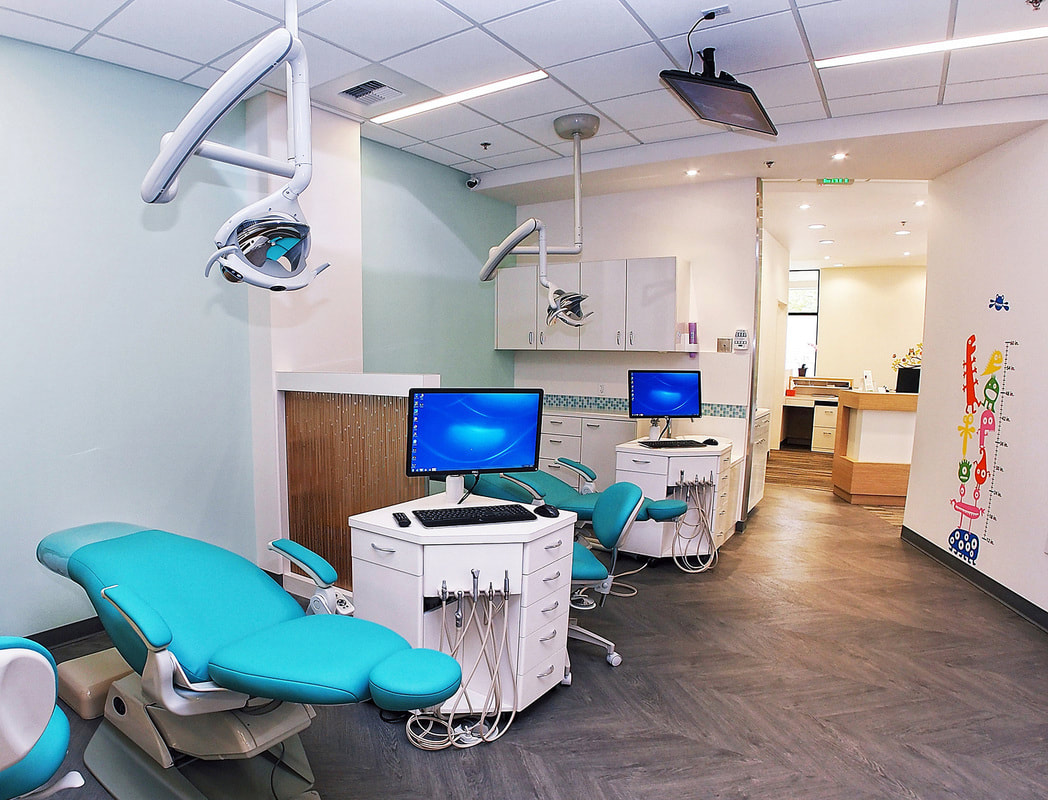
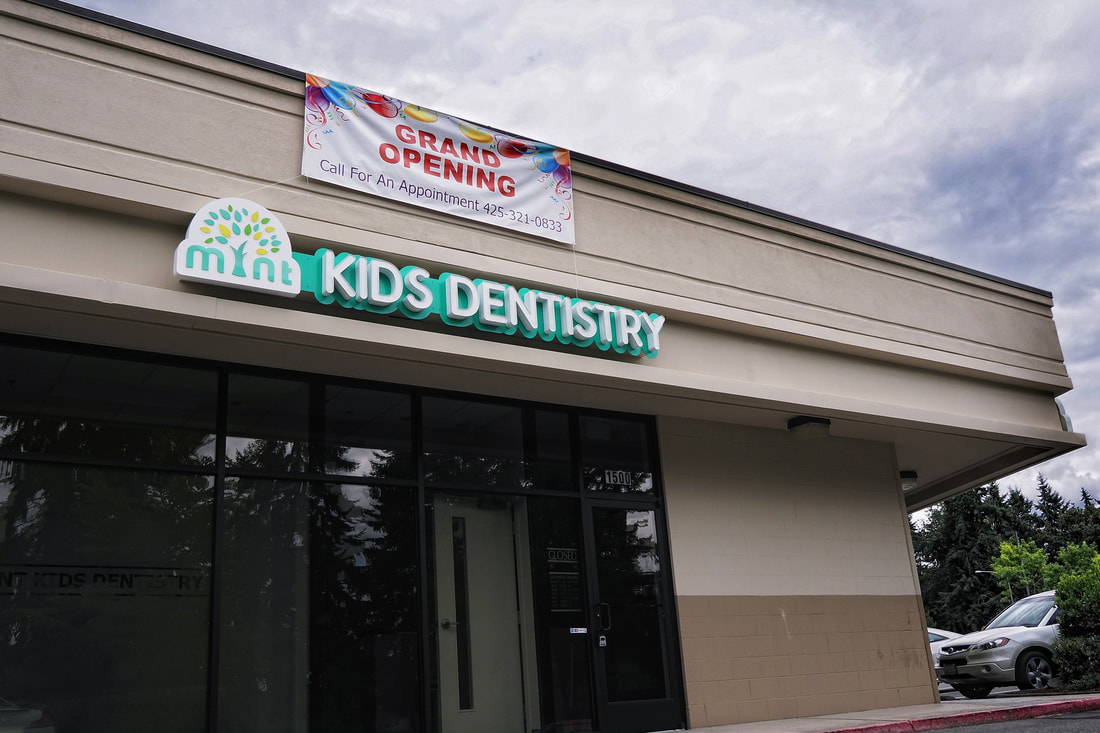
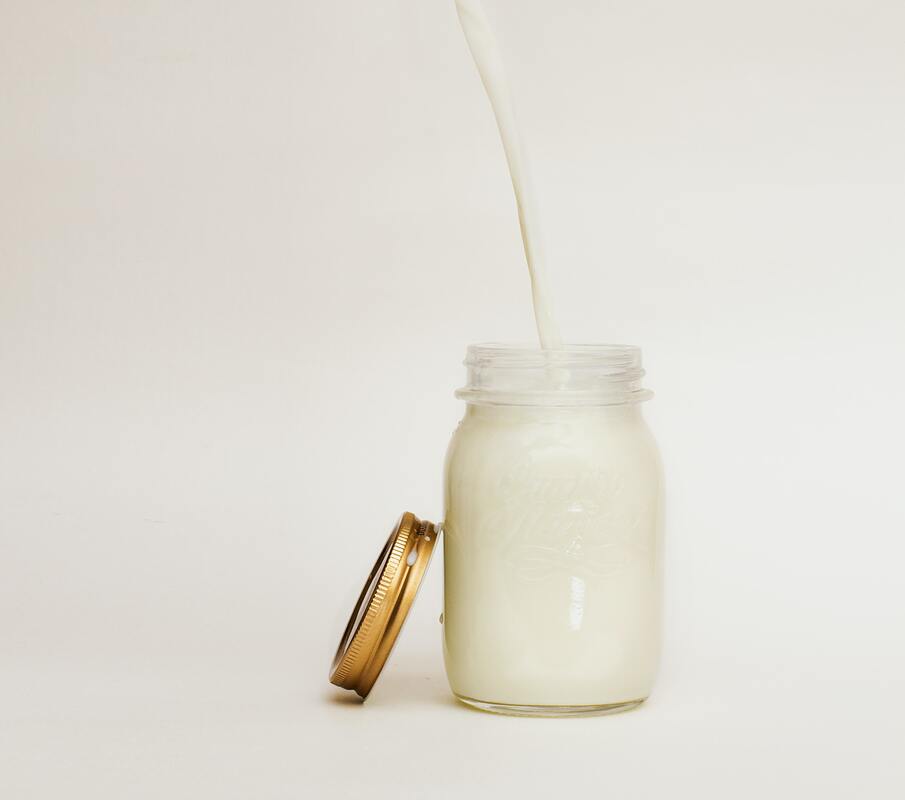
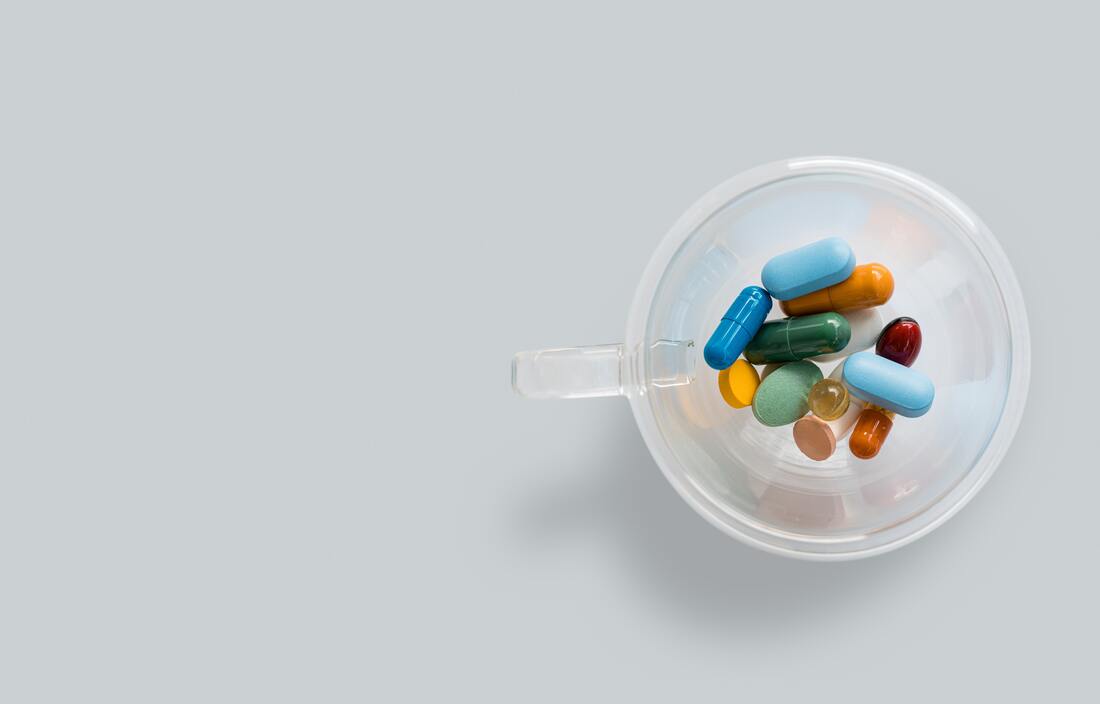
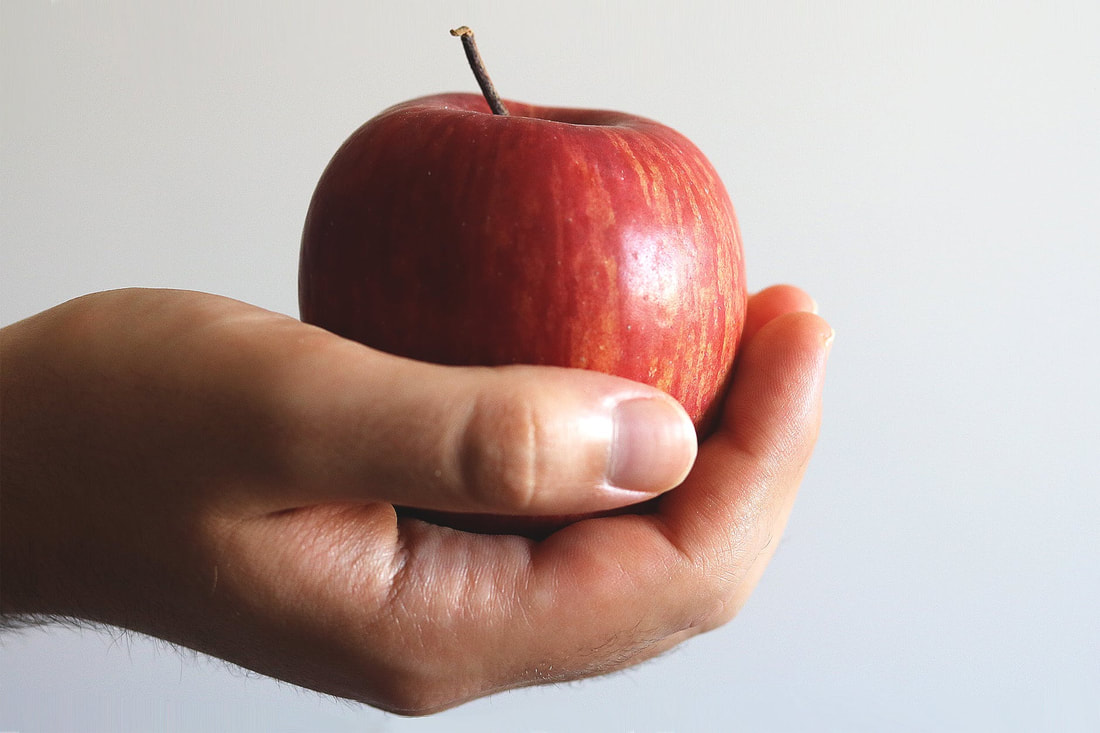



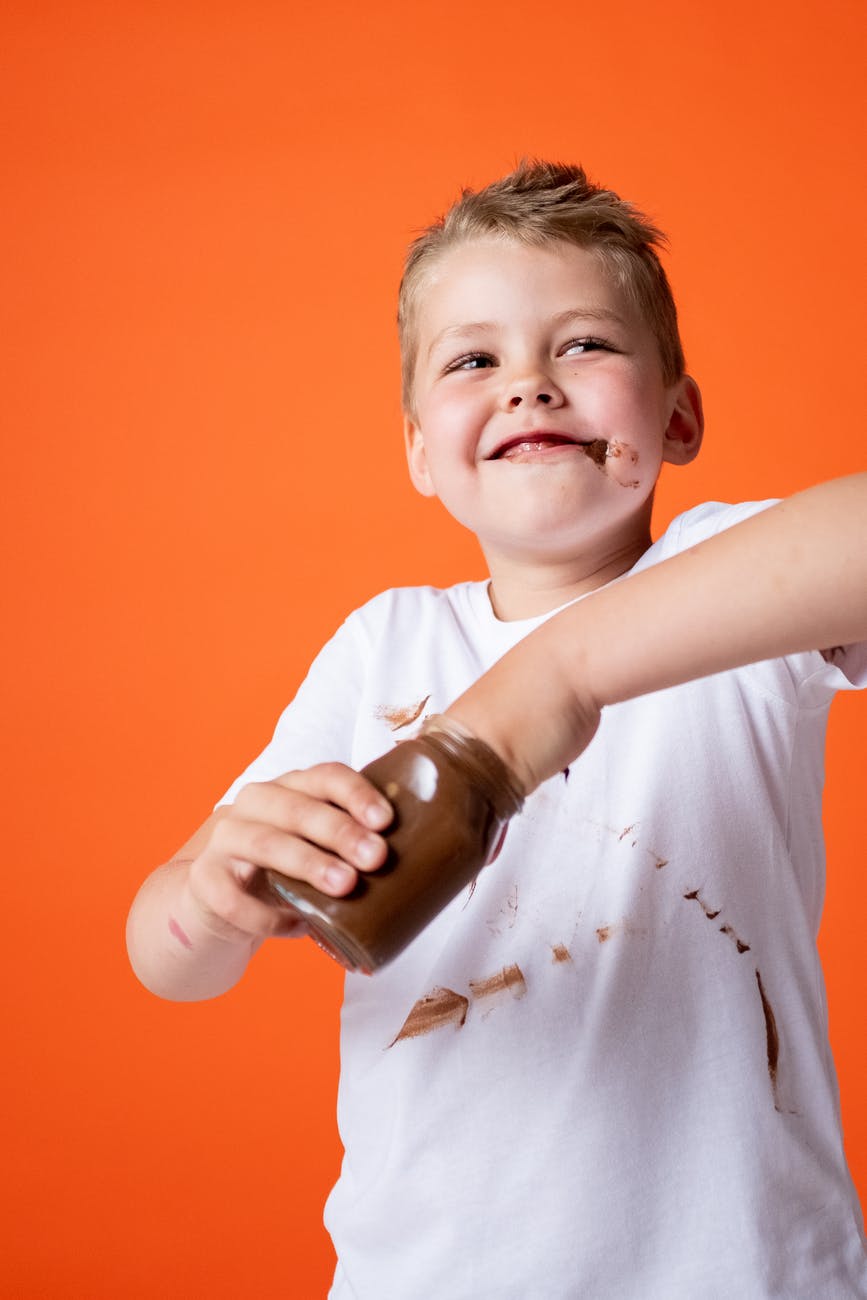




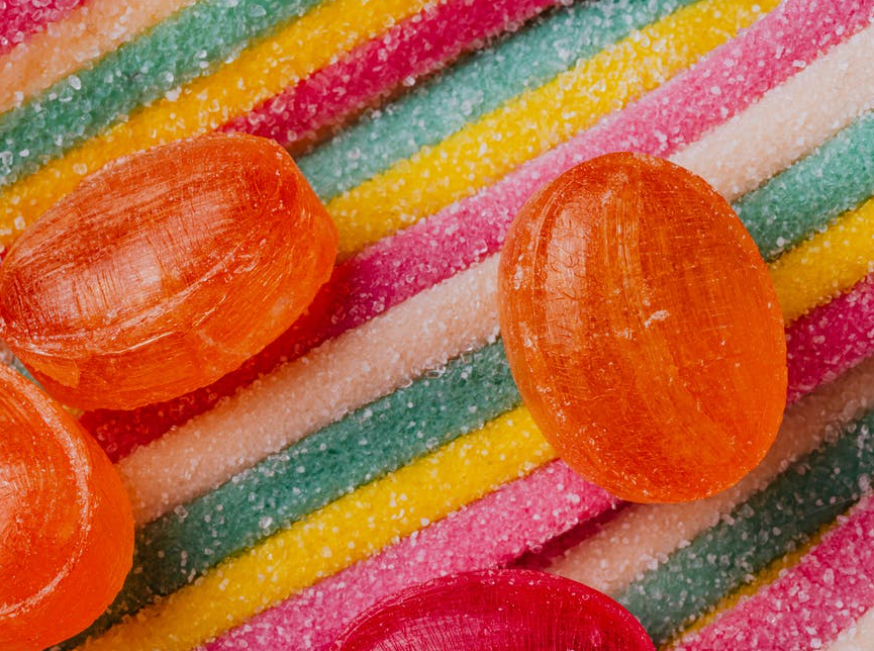
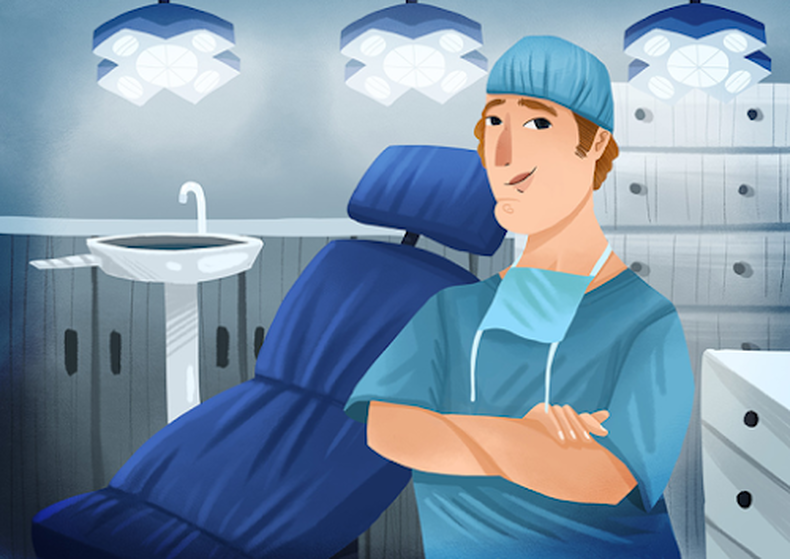
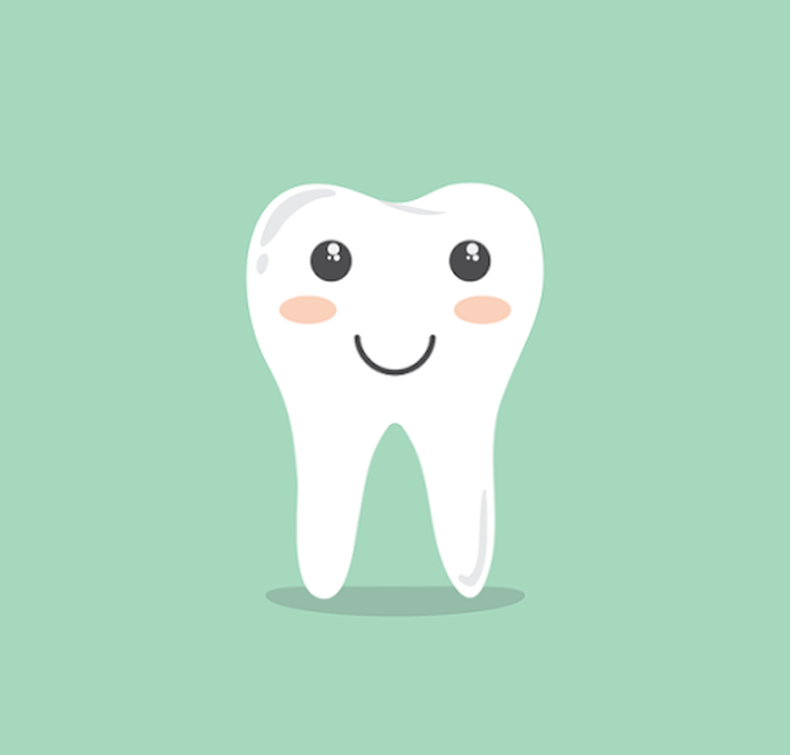


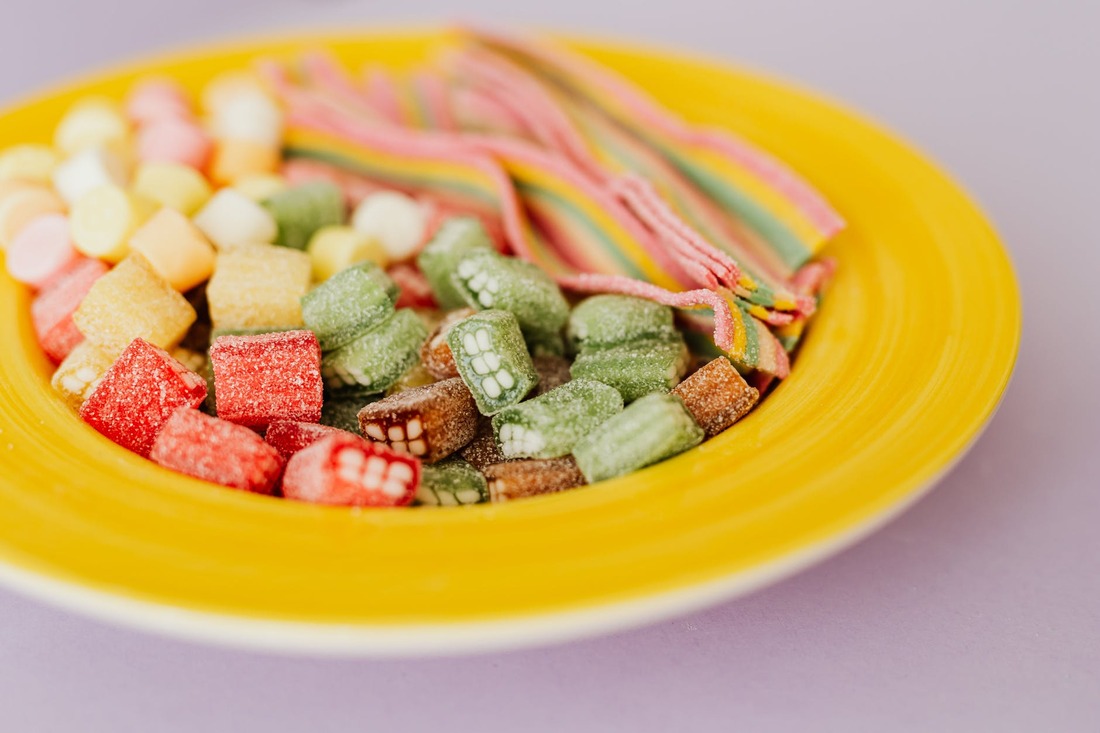

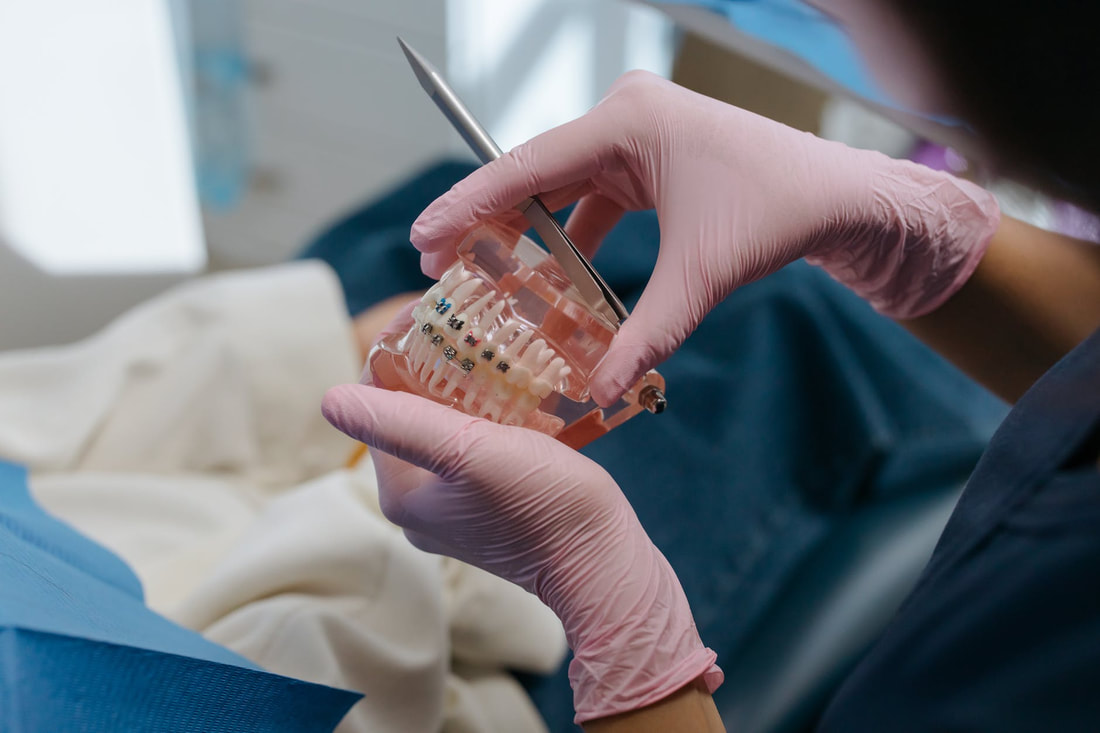
 RSS Feed
RSS Feed